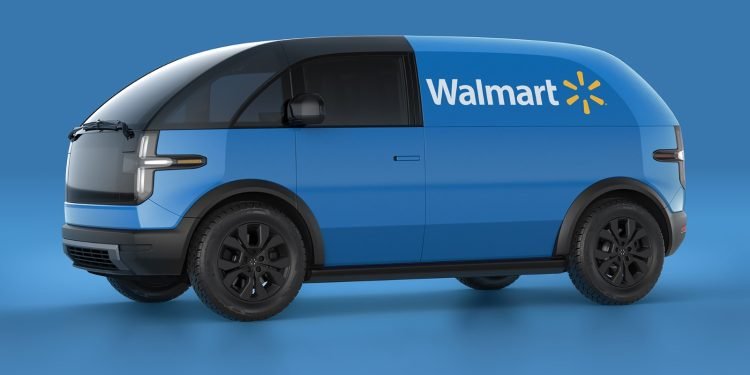The roar of diesel engines on America’s highways might gradually be replaced by a quieter hum as electric trucks inch closer to mainstream adoption. Walmart, the retail giant known for its vast network of trucks, recently announced a significant order for electric delivery vehicles, sending a strong signal of confidence in this emerging technology. This move could be a tipping point for electric trucks, potentially accelerating their integration into the trucking industry and paving the way for a more sustainable future for freight transportation.
A Diesel-Fueled Dilemma:
The trucking industry is a major contributor to greenhouse gas emissions, posing a significant environmental challenge. Diesel trucks account for a large portion of air pollution and contribute to climate change.
Electrifying the Trucking Landscape:
Walmart’s order for electric delivery vehicles marks a crucial step forward:
- Reduced Emissions: Electric trucks produce zero tailpipe emissions, significantly reducing their environmental impact compared to diesel counterparts.
- Lower Operating Costs: While upfront costs might be higher, electric trucks offer the potential for lower operating costs in the long run due to reduced fuel expenses.
- Aligning with Sustainability Goals: Walmart’s commitment to electric trucks aligns with their sustainability goals and positions them as a leader in environmentally conscious transportation.
Challenges on the Road to Electrification:
Despite the promise, challenges need to be addressed:
- Limited Charging Infrastructure: The current network of charging stations for electric trucks is limited, hindering long-haul journeys.
- Range Anxiety: The range of electric trucks compared to diesel trucks is currently shorter, impacting operational flexibility.
- Battery Technology and Cost: Battery technology needs further development to improve range and affordability for widespread adoption.
Collaboration is Key to Progress:
Experts emphasize the importance of collaboration to achieve substantial progress:
- Truck Manufacturers and Charging Network Providers: Collaboration between truck manufacturers and companies building charging infrastructure is crucial to create a robust network for electric trucks.
- Government Incentives: Government incentives, such as tax breaks and subsidies, can encourage investment in electric truck technology and charging infrastructure.
- Focus on Research and Development: Continued investment in research and development is essential to improve battery technology, range, and affordability of electric trucks.
A Sustainable Shift for the Trucking Industry:
Walmart’s commitment to electric trucks signifies a turning point for the industry. This move demonstrates the growing viability of electric vehicles for freight transportation and highlights the environmental benefits of cleaner trucking solutions.























